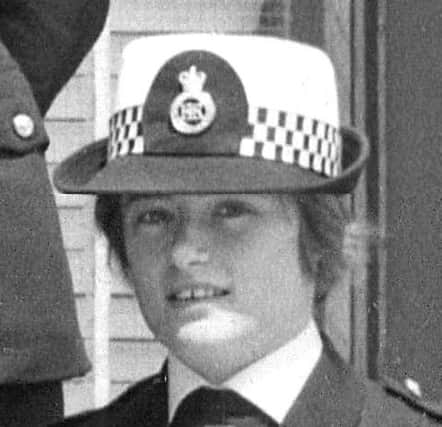Arrest in historic police murder inquiry


The suspect was detained by counter-terrorism officers in south-east England today. Police described it as a “significant turning point” in the inquiry into the death of the officer, who was gunned down aged 25 during a protest outside the Libyan embassy in London in April 1984.
He was also arrested on suspicion of money laundering along with a woman in her 40s and a man in his 30s.
Advertisement
Hide AdAdvertisement
Hide AdCommander Richard Walton, the head of the Met’s counter terrorism command, said: “Over the past 31 years we have never lost our resolve to solve this case, to bring to justice those who conspired to commit this act of murder.
“It remains one of the saddest and darkest days in the history of British policing.”
PC Fletcher was shot as she policed a demonstration against Colonel Muammar Gaddafi outside the Libyan People’s Bureau in St James’ Square.
Her family reacted to the arrest by revealing that her father Tim had died recently with “one regret” that “he had never witnessed any justice”.
Advertisement
Hide AdAdvertisement
Hide AdThe shooting sparked a 10-day siege of the building before 30 of the occupants were deported back to Libya.
Despite repeated efforts to secure a breakthrough, no-one has ever been prosecuted over PC Fletcher’s killing.
Police said the demise of Gaddafi, who died in 2011 during civil war in Libya, and the regime change that followed had “provided access to new lines of inquiry and displaced many people outside of Libya”.